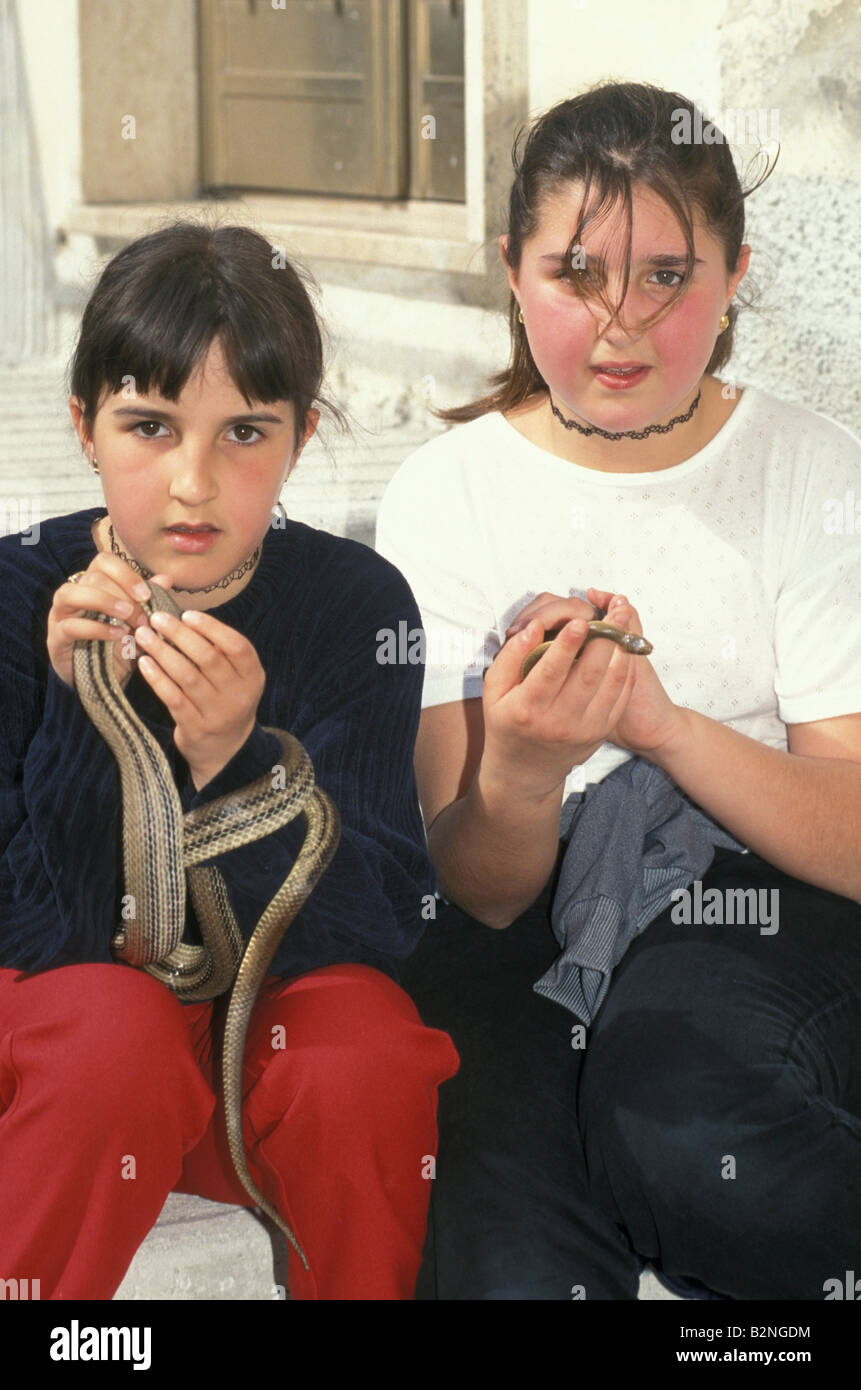

But only a writer would think about that when reading this book. I guess you could say that we have an ominiscient narrator, but it comes across as messily deployed to me.

Crews shifts perspective a lot and doesn’t necessarily confine himself to one perspective per chapter. Early in the novel, the residents of Enigma are waiting for the great man to grace them with his presence. What we have here is the town of Enigma, Georgia, a hick town that never produced anything of note except for the never-named Gospel Singer, who is said to have a heavenly voice. The Gospel Singer is quite a straightforward book really.


The Gospel Singer is widely regarded as one of Crews’ best novels (some claim it to be his best), and while I believe it never quite attains the heights of his best works, it’s a sturdy and powerful novel nonetheless. This edition also contains Crews’ quasi-sequel to The Gospel Singer, a strange little novella with the unwieldly title of Where Does One Go When There’s No Place Left to Go? But I’ll get to that later. Hugely expensive in its first edition, I managed to obtain the 1995 Gorse reprint fairly cheaply. The Gospel Singer, published in 1968, was Harry Crews’ first novel. Harry Crews was a real writer, and one who actually achieved what he set out to do in the mid-60s: to produce a worthwhile and enduring body of literature. In fact, that’s what I plan to start re-reading today. The autobiography is amazing, and so is Crews’ novel The Gypsy’s Curse. The first is the novel A Feast of Snakes and the second is the 3-in-1 Classic Crews: A Harry Crews Reader.This gives you the very best of Crews, in my opinion. So, what should you do now, and what am I going to do? If you haven’t read Crews and you want to, I recommend two volumes. You can read much more about Crews and all of that on this most useful of websites. Crews has actually written a second volume of autobiography, which he said wouldn’t be published until after he was dead, so my thoughts selfishly turn to that. He’d lived a full and often rewarding life, and if you read his autobiography A Childhood: The Biography of a Place, you’ll discover how unlikely that would have seemed in earlier days. Let me tell you this: the novel had such an effect on me that not only did I start reading it again virtually straight away after I’d finished it (which I never do) but I immediately became a Crews convert, hunting down every book the man had written in the space of about six months (bar one, which I can’t find for a reasonable price: This Thing Don’t Lead to Heaven). It’s been around three years since I picked up and read – entirely by accident, my first novel of Crews’: A Feast of Snakes. No one told me that Harry Crews died the other day. I inferred it from the fact that I’ve been getting a lot of hits on my Harry Crews posts on this blog over the past couple of days.


 0 kommentar(er)
0 kommentar(er)
